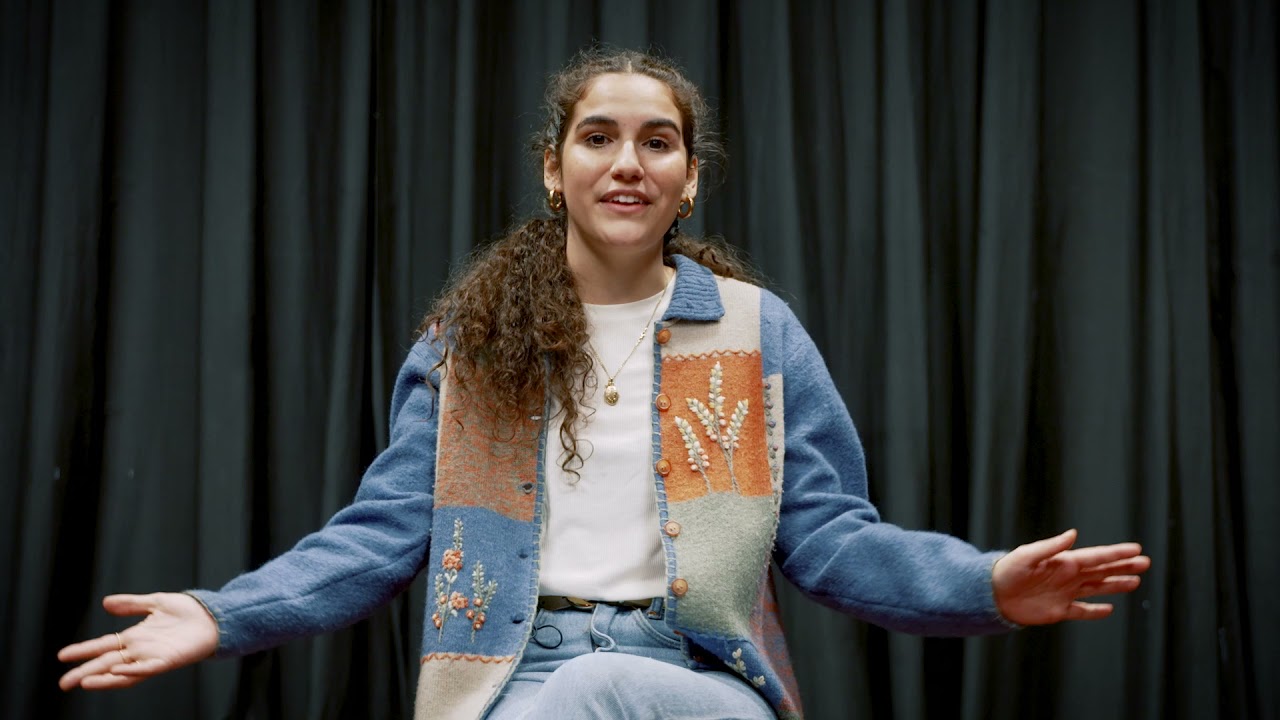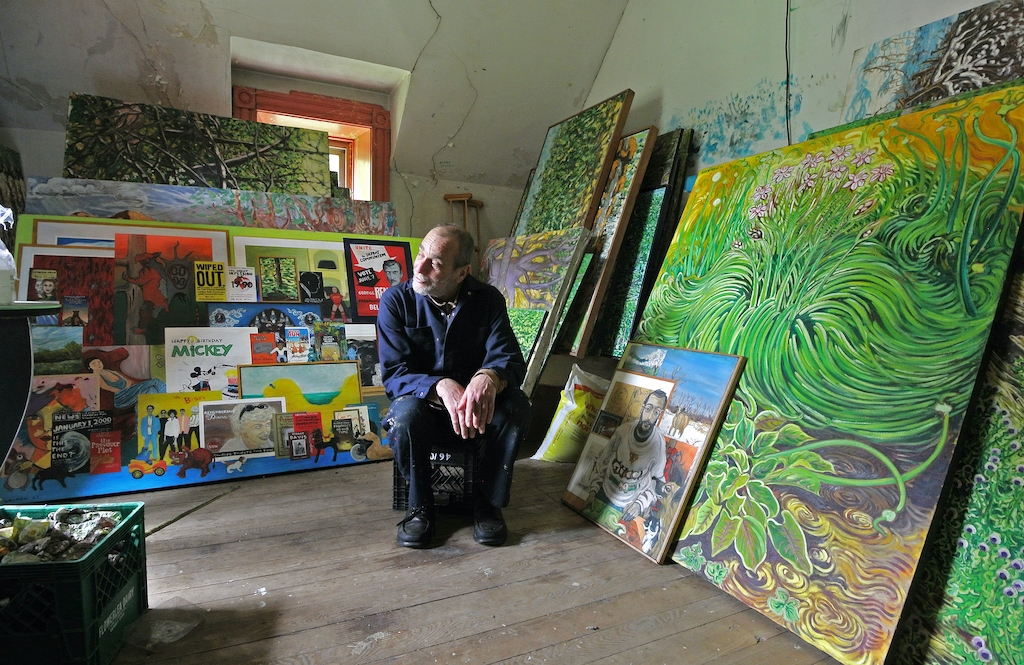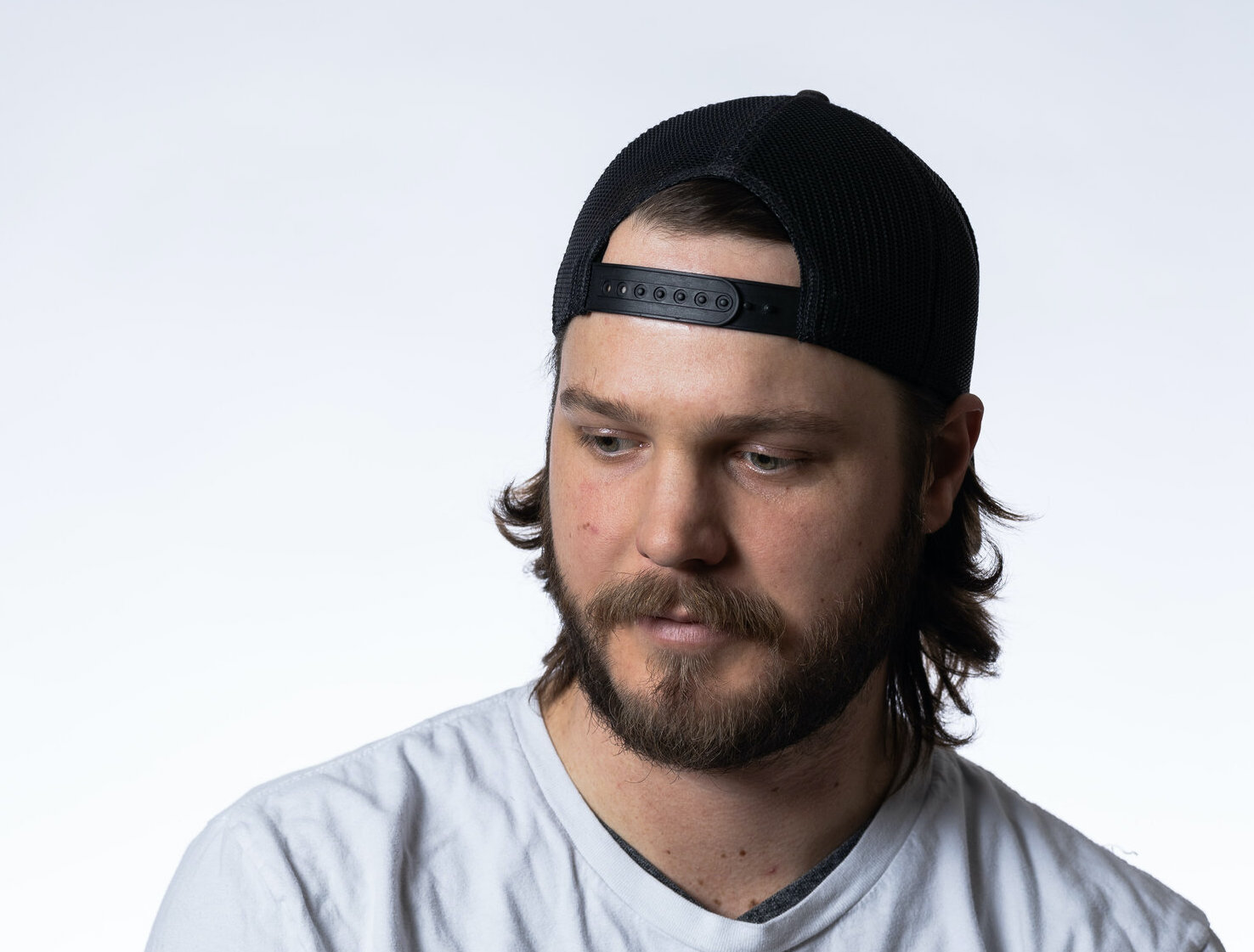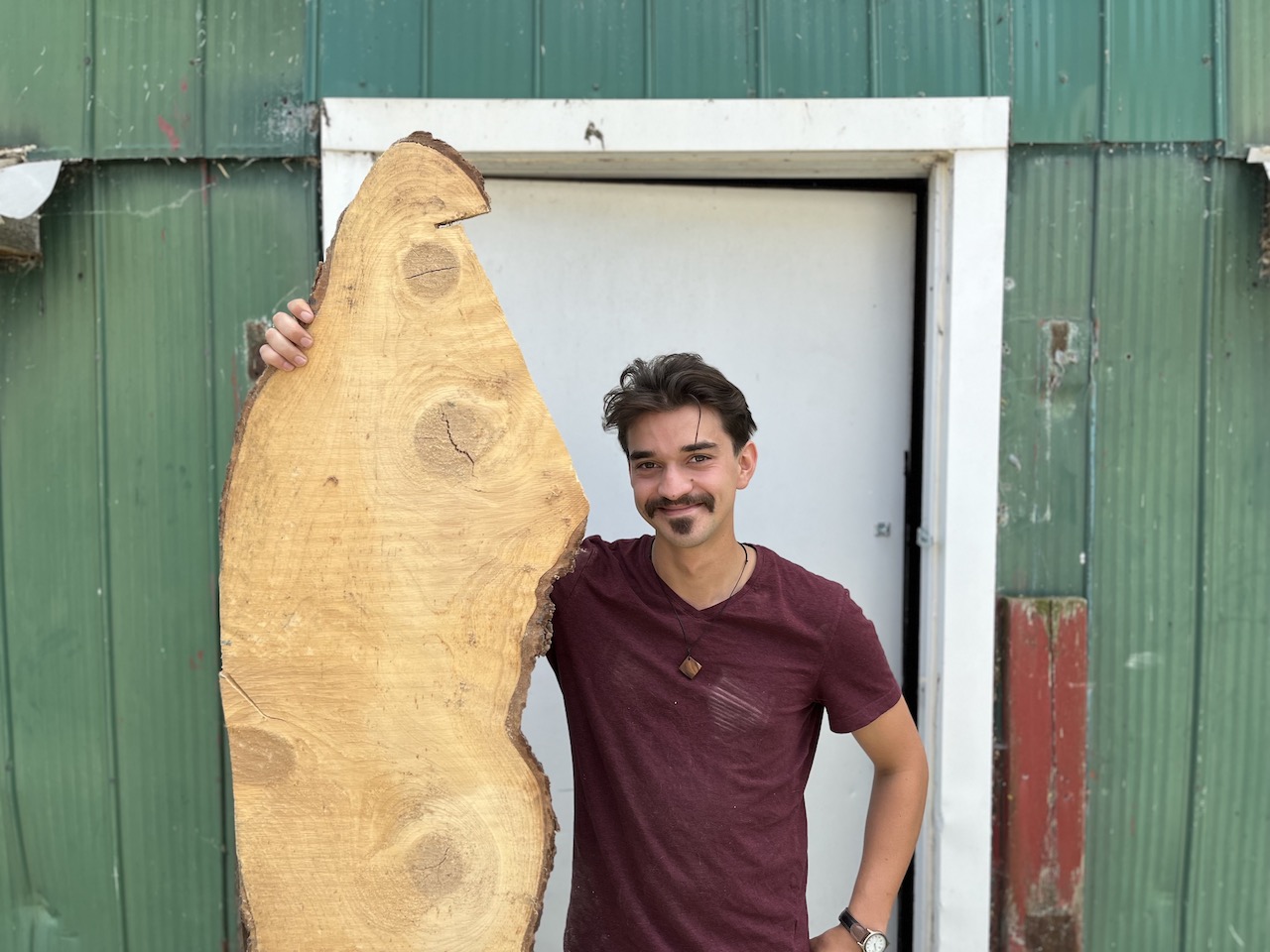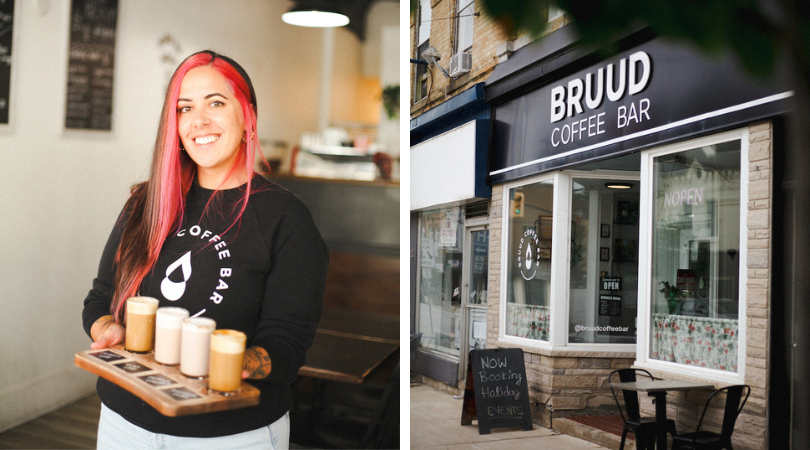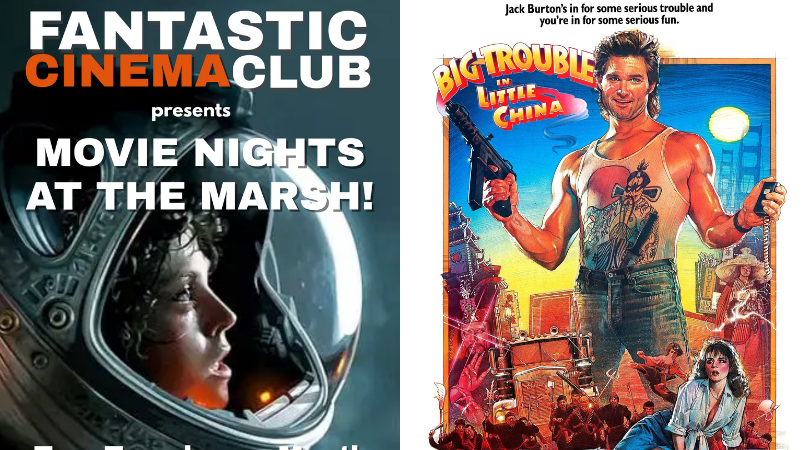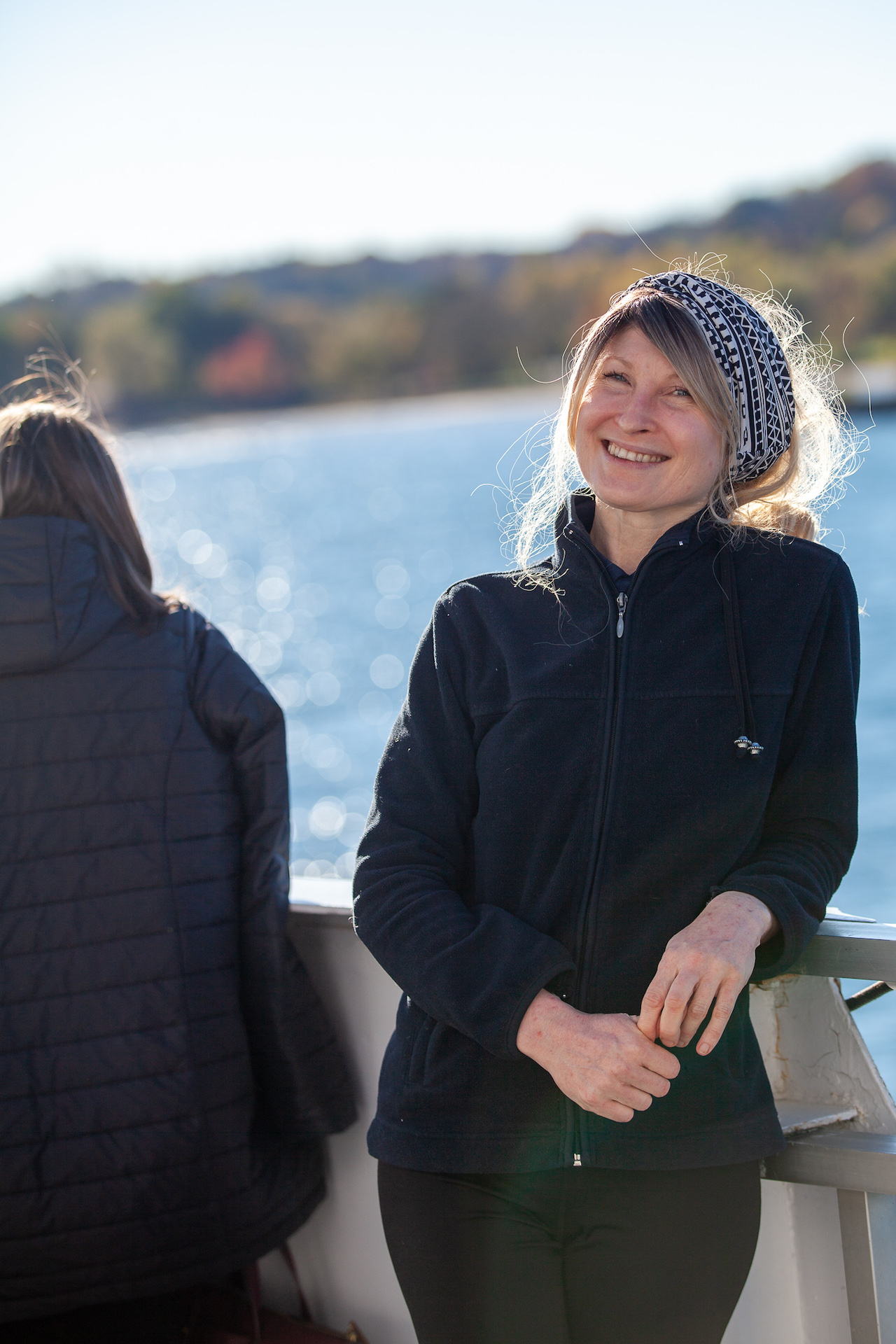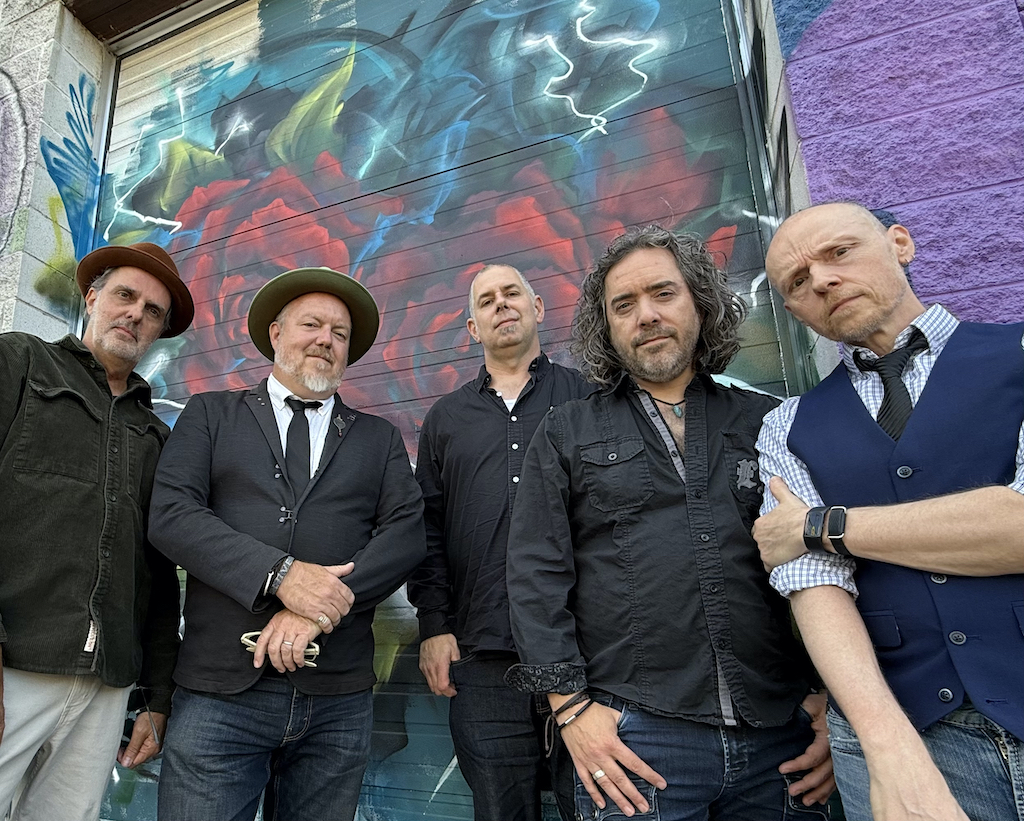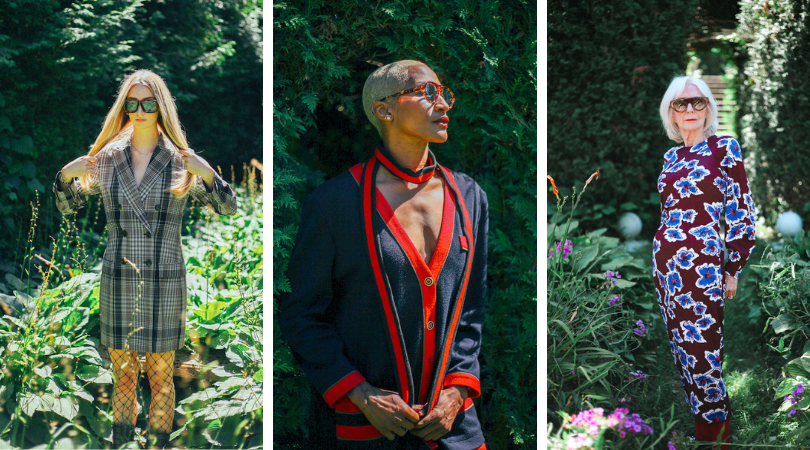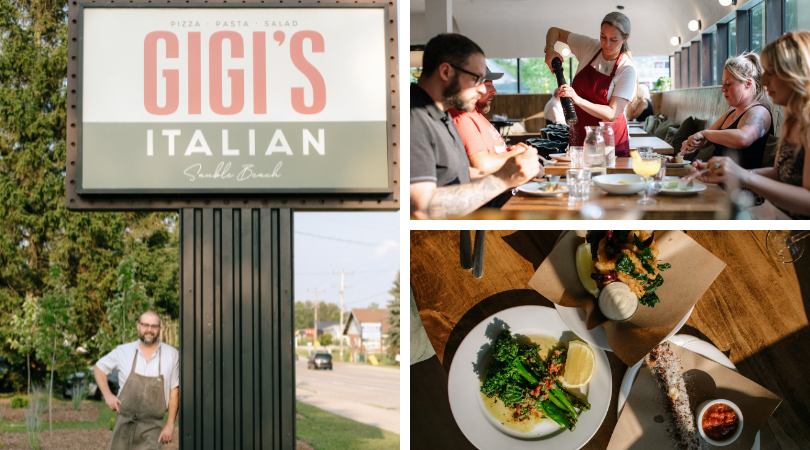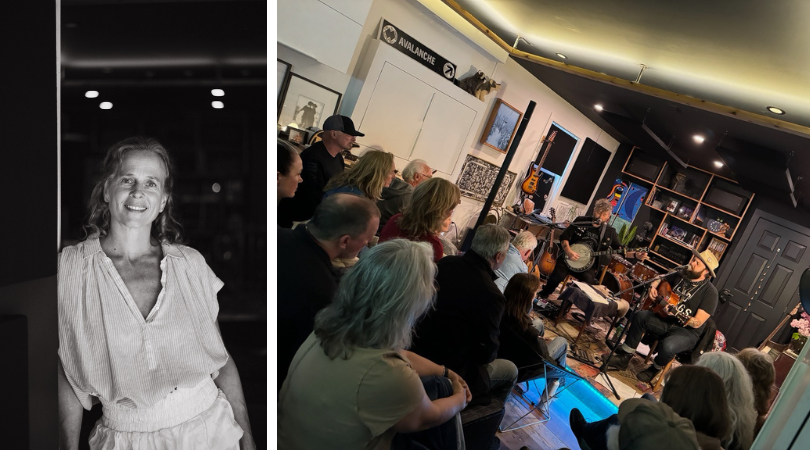Claudia Ferraro is a very well spoken young woman, born and raised in Collingwood, ON. Currently finishing her BA in English and Creative Writing with an Honours in Poetry at Dalhousie University, she is also our Poet Laureate here in Collingwood. I had a beautiful conversation with Claudia where we discussed the importance of story sharing and the power of art during difficult times.
In Claudia’s poem, ‘The Starving Artist Always Feeds Their Audience’, she speaks to this very notion: that Art has a healing, nourishing power.
In this poem, she notes the significance of Amanda Gorman at the US Presidential Inauguration for President Joe Biden, saying, “Without huge credentials we can still be influential because the ability for art to say the inexpressible and bring about healing is exponential. Look at the articles written on the inaugural poem versus those on the President, and tell me that art is inconsequential.”
Claudia tells me a little more about this thought in our conversation:
When you think about the time that the inauguration happened, it was after such a brutal couple of months, and coming into a couple more brutal months. So I think what people were needing and craving and wanting in that time was art and real connection. Yes, we do need these political leaders so much, but is a political speech really going to make someone feel and catch their breath and hold onto that hope? Or is it poetry? I think that was such a testament to the power of art and its place in the broader politics and the global system.
Poetry, lyrics, and other forms of storytelling have the ability to connect with us on such deeper, more nuanced levels than conversations. It can be a little more intimate, or it can express feelings that we don’t necessarily have the perfect words for; art can process the ugly bits. Claudia describes how the disconnectedness we’ve all experienced throughout this pandemic makes us turn to art for deeper connections. She says, “I think that that’s what we need right now when we can’t hold onto one another. [We need] that different attempt at intimacy in a world that can feel especially harsh. … Not just writing, but reading poetry has been such a lifeline for me this past year.”
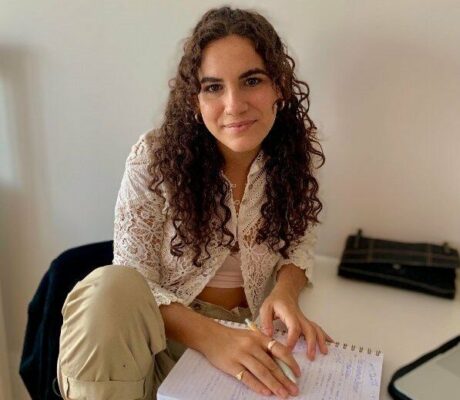
As both a reader/listener of poetry as well as a poet herself, it’s clear that Claudia has huge appreciation for all the writers and poets who have influenced her, and she recognizes the importance of everyone expressing themselves through art. She describes her viewpoint on the vulnerability of poetry:
I just love the vulnerability of art, which can sometimes feel really uncomfortable, but ultimately is always is the most rewarding for me, whether it’s my own creation, or something I’m listening to. The ugly parts of ourselves are the parts that need that affirmation and company. Poetry and all art lends itself to this ‘grand unveiling’. You could say, “I had a bad year,” or you could peel off even more layers and say, “This year, joy and fun were moving faster than my feet could remember to run, and I couldn’t catch up to it.” So the speaker feels the same, but the listener is affected so differently. Such a deeper, more subjective connection is made. Poetry would never accept “Fine” as an answer to, “How are you?” unless it was taking apart, and turning around that, “Fine” to reveal so much more. That’s what I love about it, it’s allowing these relationships to be so much more than what they’re first presented as.
It was empowering to speak with Claudia. She compels you to get creative. Creativity as a form of therapy. Creativity as connection. It’s wonderful to have those values so passionately expressed here in Collingwood, where we do have a vibrant creative community. Claudia was living out in Halifax for university, but came home to Collingwood to study virtually throughout the pandemic. Now that she’s reestablishing roots here, she plans to stick around for a little while. She speaks to the ability for art to thrive in smaller communities:
There is a bit of that stigma that art scenes exist mostly in big cities, like that was where people were the most expressive or loud or whatever. I definitely got caught up in that myself, but coming back and seeing how many people are wanting to create art in this way who have been spending time on it and are so incredibly capable is amazing. I think it’s also something to be said for the quietness of a smaller town, and the tight community that can be created in small towns. These are all things that just naturally, intrinsically foster art in some ways.
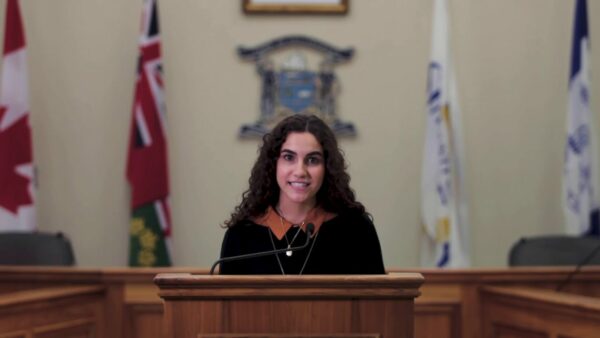
We agree that the sense of community is strong in this area. People are always willing to work together; collaboration is a key defining feature of the Arts scene in South Georgian Bay.
Claudia herself is from a very creative family. As one of seven children, she and her brothers, sisters, and parents grew up sharing stories and connecting through art, especially music. (You may recognize the name Ferraro, as her brother Nathan Ferraro is the frontman for the band Midway State.) Claudia’s passion, appreciation for, and education in the Arts is well supported by her family. While most of her siblings are musical, she tells me that she never quite resonated with singing or playing an instrument in the same way, but it was the lyrics that really caught her attention. We discuss Joni Mitchell, whose iconic album Blue celebrated its 50th anniversary this year. I asked her to explore the special quality of Joni and speak to that a little bit:
What is it about Joni Mitchell? …She focuses so much on the small and the intimate. I think that is hugely powerful, especially when it is placed against the male folk songwriters of her time, [many of whom were writing about] these larger ballads or these revolutionary huge pieces, which is great, but I think that’s [what made her] stand out. She was saying, “Okay but let’s also focus on these small, intimate pieces of art that can bring about the exact same revolutionary change that you’re talking about. … Even the smallest thing of using all of her senses in her songs, which I think is so different from a lot of songwriting that I’ve studied.
We can see these senses played out in the lyrics of many Joni songs, but let’s look at ‘Coyote’ as an example, off of her 1976 album Hejira. “Coyote’s in the coffee shop/staring a hole in his scrambled eggs/ he picks up my scent on his fingers/ while he’s watching the waitresses’ legs.” Notice how she takes you right into the moment, and how she paints that picture and allows you to feel as if you’re there.
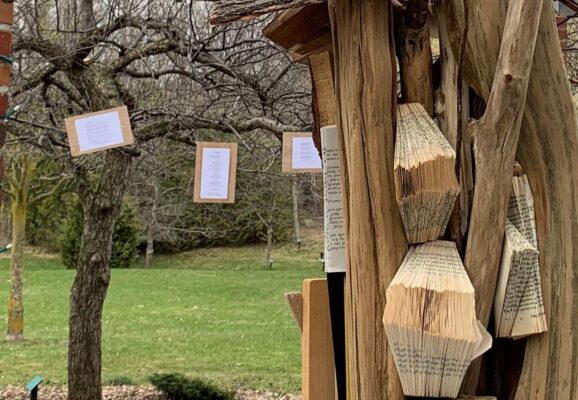
It’s these small details that can make such a big impact on connecting with your audience, Claudia tells me. I asked her to share a little writing exercise with us, something that anyone could do:
Go outside and pick something extremely small in nature, whether that be a single petal on a flower or a leaf on a tree. [This might sound cheesy but] this is something I like to do. Make sure you’re using all five senses, but sit with that little thing and try to write as many sentences describing it as you can. I think this is so powerful for the way that we can come to greatly know something, and the patience and time that it takes to look and listen and understand something.
This exercise is great because it forces you to write in more detail than you normally might. And as we have seen in some powerful lyrics like Joni Mitchell’s, those small details breed intimacy with the reader/listener. Even if you have never written poetry before in your life, this is something that anyone can sit and work on for a few minutes.
The focus on nature is a big part of Claudia’s world as a poet as well. She is currently writing her thesis on “eco poetry as climate change pedagogy”. She says, “It’s about listening to, spending time with the environment, and writing poetically about it, and using that as a form of climate change work and climate change teaching.” Claudia has deep respect for the land on which she writes. When she lived in Halifax, she was very inspired by the ocean, and she notes the communal respect for the Mi’kma’ki territory and land that Halifax is situated on. Similarly, here in Collingwood, Claudia has been spending time combining appreciation for the traditional territory of the Iroquois and the Anishinaabeg with her appreciation for poetry. She says, “Even if it’s more of a subconscious response [for many local artists], I think if you are residing here, and paying attention to and listening to the land, then that will come in your art, whether you want it to or not.” This appreciation for our indigenous land as well as the art of storytelling were essential components to her PoeTree installation earlier this year at the Collingwood Arboretum. She combined new and old books, her original poetry, and poetry by community members, all about resilience during a difficult year.
We talk about how everyone can get creative; how everyone is a poet. She explains:
There are so many ways to do poetry. That’s something I want people to know, because it’s something I’ve struggled with. There’s not one singular path; there are MFA programs or grassroots writing collectives, there are YouTube performances, there’s Instagram, there’s self-publishing — there are so many different ways to do poetry and creative writing right now. Everybody can write and does have a story to tell, does have poems inside of them. … Everybody has the want and the willingness to listen to other stories as well as their own and share their own. I really just want to bring that home, that this is the most democratic form of art, in my head.
As we come out of a difficult period, I agree with Claudia that it poetry, music, and all forms of art and storytelling are essential forms of processing and connecting. I implore you all to take some time for art appreciation as the world opens back up, or dabble in some creative exercises yourselves.
Claudia is hoping to continue on with her education through an MFA program, and she is also working to put together a publication of her works. In the meantime, you can learn more about our Poet Laureate here, and read more of Claudia’s poetry here. She tells me, “I never thought I’d be at a place where I’m writing poetry more than I’m doing anything else, which is so great. I’m very thankful.”
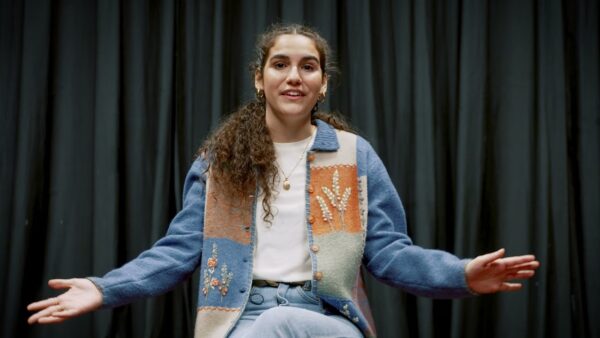
I want to leave you with this longer quote from my conversation with Claudia:
I was just reading a quote this morning that stuck with me from one of my favourite American poets, Ada Limón. She describes poetry as ‘radical hope’. She says, ‘Poetry is a place where both grief and grace can live, and where rage can be explored and examined and not simply exploited.’ I’ve been thinking about that notion so much, especially as I continue to try to live a normal, healthy, and relatively happy day to day life while also holding onto all the loss and the pain and the confusion that has been this past year. And not necessarily my own grief, but the witnessed grief of people around me and all over. What do you do with it? How do you not get so swallowed up by it all, especially as one measly little artist?
I think what I’m coming to understand is that poetry, especially, will always be radically hopeful in that it’s always challenging both normalized and sensationalized language. I’ve seen so much [of that] lately, how language is used as a tool for outrage or virtue signalling, especially in the media. I do think anger and persuasion can be good and necessary, but poetry is constantly reminding me of the importance of nuance and a deeper investigation, and never taking something at face value. Because unlike a lot of the literature that we digest, poetry isn’t a place of black and white, or definitive answers or simple solutions; it definitely speaks more to the complex notions of humanity.
I only come to poetry with questions; only with an ‘unknowing’ and a willingness to listen and to learn. So it really is a space where we can place all our own uncomfortable, ugly bits, the unknowing bits, and practice that compassion and empathy. So I think doing that on a small scale really is powerful when we see how much that can change the way we’re interacting and communicating with each other on a more global scale and in the media.
Article by Laura Conning
Photos provided by Route 26

